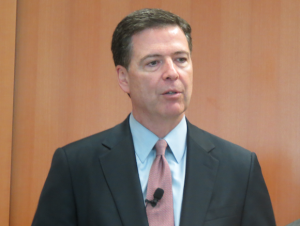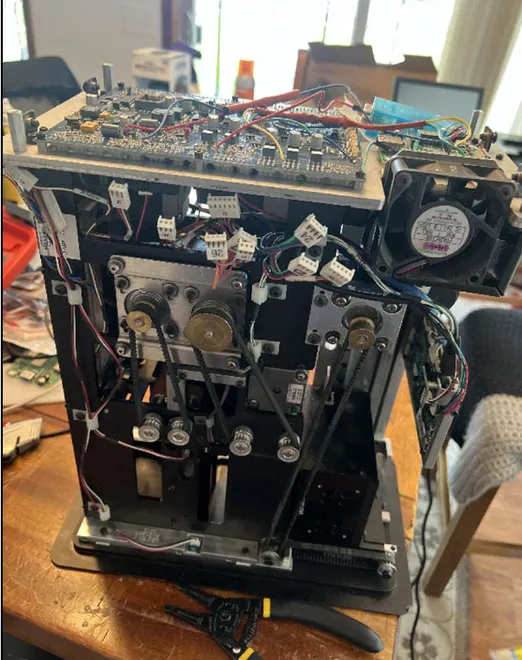
I believe that the Holocaust is the most significant event in human history. And I mean “significant” in two different ways.
It is, of course, significant because it was the most horrific display in world history of inhumanity, one that simply defies words and challenges meaning. I was born into an Irish Catholic family in this great, wonderful and safe country, but the Holocaust has always haunted me, and it has long stood as a stumbling block to faith.
How could such a thing be? How is that consistent with the concept of a loving God? How is that in any way reconcilable with the notion of a God with a role in human history? How could there possibly be meaning in life, when so many lives were snuffed out in such a fashion?
I have asked those questions since I was a young teenager. I have asked them my entire life. I asked the same questions standing in the pit at Ground Zero in early 2002. I have asked those questions many times as I have confronted unimaginable suffering and loss.
And I know I am in good company asking such questions. Last month, on a flight home from Eastern Europe, I reread Viktor Frankl’s wrenching “Man’s Search for Meaning,” in which he seeks to find meaning in suffering and loving, among other things.
And going much farther back, back before I was a religious studies major in college, I recalled the voice from the whirlwind in the Book of Job, rebuking us for even asking the question “Why?” “How dare you!” the voice seems to say. “It is not for you to ask, it is not for you to know.”
And yet I ask, as so many of us do. And I still don’t know.
But I do know this: I know it is our duty, our obligation, to make sure some good comes from unimaginable bad. Not so we can comfort ourselves by saying, “Oh, that was worth it then.” That’s nonsense. That would be perverse. It will never be “worth it.”
Instead, I believe it is simply our duty to do that, and I believe this is truth no matter where you come from on a philosophical or religious spectrum. Our obligation is to refuse to let bad win, to refuse to let evil hold the field. As Abraham Lincoln said on a field of unimaginable pain and loss, it is essential “that we here highly resolve that these dead shall not have died in vain.” Our resolution does not justify the loss, but we simply cannot be alive and give up.
To read more click here.





